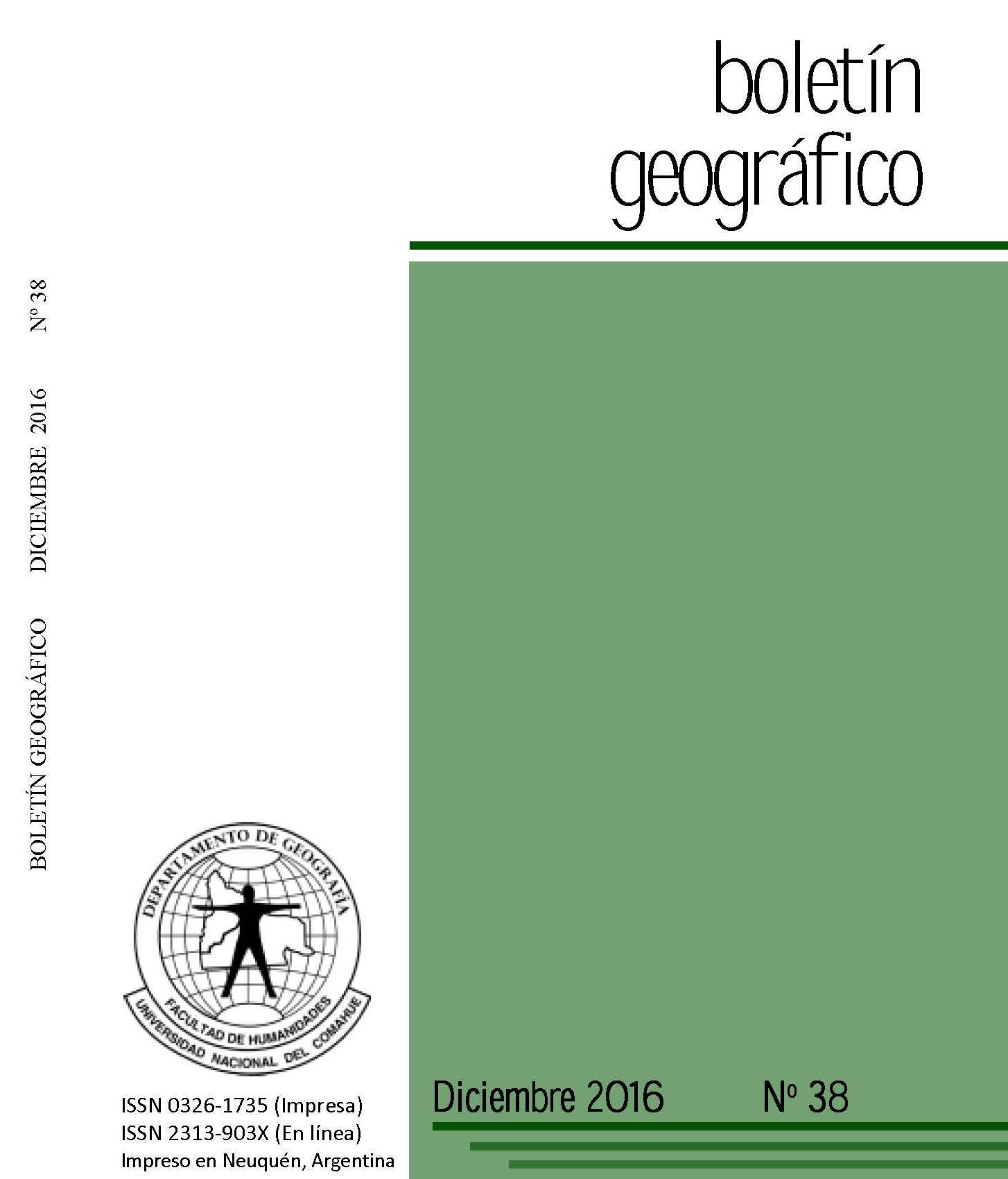Paths, knowledge and local wisdom: challenges regarding social projects implementation
Main Article Content
Abstract
Nowadays we belong to a world subordinated to capital gain rationality, where concentration of scientific and technological capabilities is linked to concentration of earnings and profits. In that way, knowledge becomes an instrument of domination and supremacy. Latin America, especially our country, inside this frame
turns into a generator of raw materials and take up a stance of dependency of central countries. Against this background, we propose in this paper the enormous potential that our countries have to develop science and technology for social inclusion primary for strategic sectors linked to land use and the use and conservation of
natural resources and leveraging knowledge pondering and customs of local communities for employment opportunities.
Downloads
Article Details
Transfer of rights and data processing
The acceptance of an article for publication in the Journal Geographic Bulletin implies the cession of the rights of printing and reproduction, by any means and means, of the author in favor of the Department of Geography of the National University of Comahue, which will not reject any request reasonable for the authors to obtain permission to reproduce their contributions. The total or partial reproduction of the works published in the Geographic Bulletin must be done citing the origin, otherwise, the copyright is violated.
Likewise, it is understood that the concepts and opinions expressed in each work are the sole responsibility of the author, without being responsible or in solidarity, necessarily, neither the editorial staff nor the editorial staff.
It is the responsibility of the authors to be able to provide interested readers with copies of the raw data, procedure manuals, scores and, in general, relevant experimental material.
Likewise, the Management of the journal guarantees the appropriate treatment of personal data
COPYRIGHT TRANSFER FORM
References
LANDINI, F.; LACANNA, M. y MURTAGH, S. (2011). Presencias y olvidos en la categoría agricultura familiar. Un abordaje psicosocial. En López Castro, N. y Prividera, G. (Comps.) Repensar la agricultura familiar. Aportes para desentrañar la complejidad agraria pampeana (pp. 249-264). Buenos Aires. Ediciones CICCUS.
LANDINI, F.; LONG, N.; LEEUWIS, C y MURTAGH, S. (2014). Theoretical guidelines for a psychology of rural development. Cuadernos de desarrollo rural, 74:125-147.
MAKOWSKI MUCHNIK, S. (2000). Comentario. Entre-modernidades. En Desacatos, Revista de Antropología Social, 3:63-66.
MANZANAL, M. (1993). Estrategias de supervivencia de los pobres rurales. Buenos Aires. Centro Editor de América Latina.
MARTÍN-BARÓ, I. (1986). Hacia una psicología de la liberación. Boletín de Psicología. 22:219-231.
MINAYO, M.C.S. (2004). Investigación social. Teoría, método y creatividad. Buenos Aires. Lugar Editorial. 64 pp.
OCAMPO, S.; GARCÍA, E. y GRASSANO, E. (1987). Las técnicas proyectivas y el proceso psicodiagnóstico. Buenos Aires. Nueva Visión. 536 pp.
QUINTAL DE FREITAS, M. (1994). Prácticas en comunidad y psicología comunitaria. En MONTERO M. (Coord.) Psicología social comunitaria: teoría, método y experiencia. Universidad de Guadalajara.
SANMARTÍN ARCE, R. (2000). La entrevista en el trabajo de campo. Revista de Antropología Social, No. 9: 105-126.
SONNTAG, H.R. (1988). Duda-certeza-crisis. La evolución de las ciencias sociales de América Latina. Caracas. UNESCO-Nueva Sociedad.
VASILACHIS de GIALDINO, I. (2008). Los fundamentos epistemológicos de la metodología cualitativa. En N. Cohen y J. I. Piovani (Comp.), La metodología de la investigación en debate. Buenos Aires. Eudeba – Edulp.

